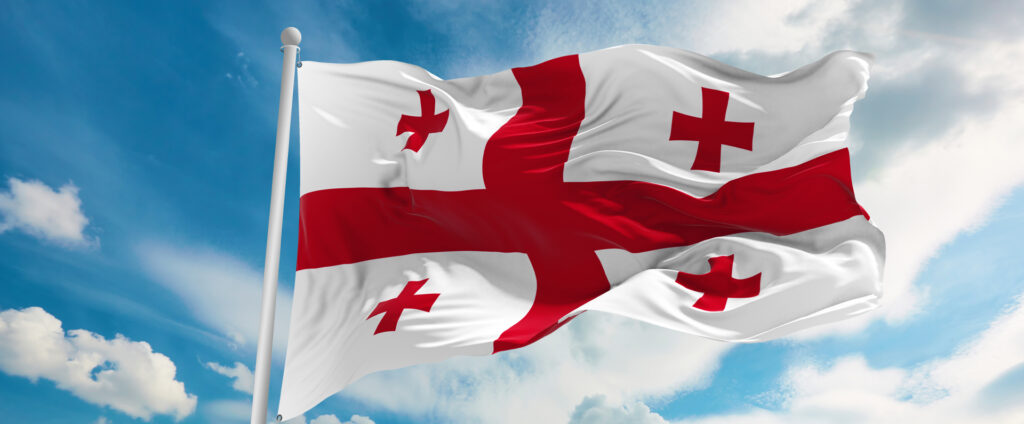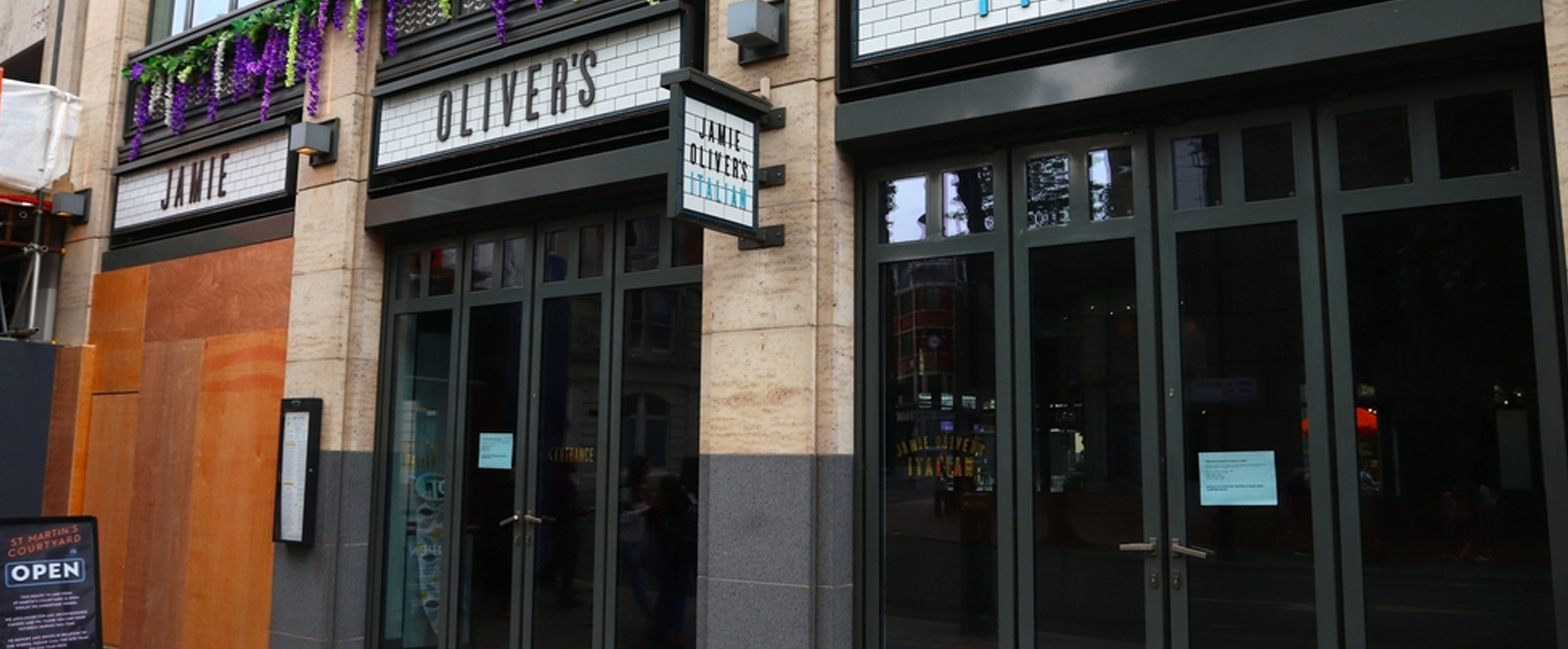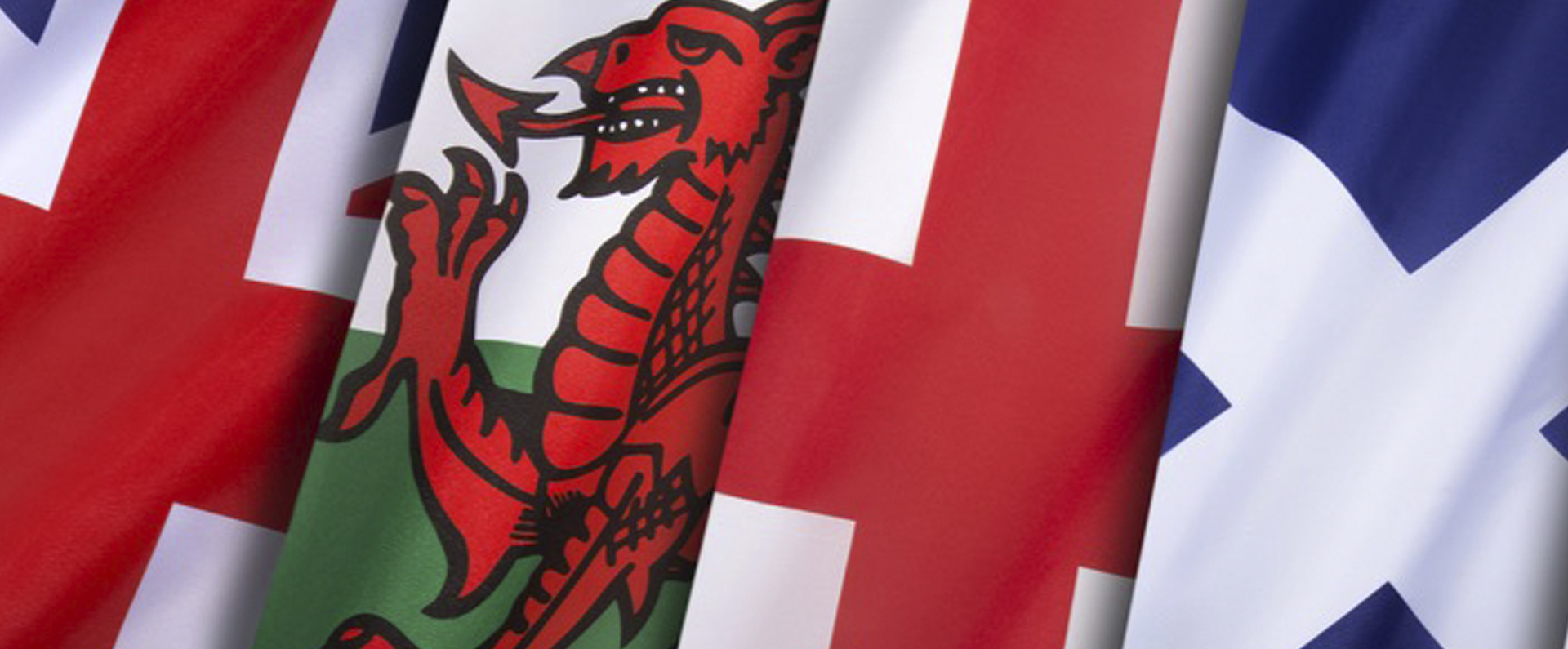
Published on ConservativeHome.com on 24 April 2024.
In a move highlighting concerns over democratic backsliding in Georgia, the International Democracy Union (IDU) tabled a resolution at its Executive Meeting held on April 5th in Wellington, New Zealand. The resolution centres on doubts over Georgia’s commitment to European integration amidst worries about the country’s increasingly authoritarian trajectory. With Russia’s influence expanding in its neighbouring territories, the resolution underscores the urgency for the West to remain actively engaged in supporting Georgia’s democratic aspirations.
As it gears up for the pivotal 2024 parliamentary elections, this small Caucasus nation stands out as a symbol of resilience amid geopolitical turbulence. Georgia’s path forward is fraught with challenges, from external pressures to internal strife, casting a shadow over its pursuit of freedom.
Since the 2003 Rose Revolution, which marked a transition from a semi-authoritarian regime to a more democratic government, Georgia has been hailed as a bastion of Western values in the South Caucasus, aiming for EU and NATO membership. The implementation of democratic reforms and rapid modernisation paved the way for Georgia to pursue its objectives of joining the Western bloc. However, these efforts also exposed the country to significant pressure from Russia, driven by Vladimir Putin’s strategic ambition to reassert Soviet imperial influence.
The 2008 Russian invasion of Georgia marked the climax of a power struggle between the Kremlin’s expansionist goals and pro-Western Mikheil Saakashvili, Georgia’s President following the Rose Revolution. Despite the war serving as evidence of Putin’s willingness to employ force to assert influence in Europe, the response from the West was criticised for its short-sightedness.
No sanctions were levied against Russia, normal business operations continued, and France notably struck a deal to supply Mistral warships to Russia’s Black Sea Fleet. Moreover, the Obama Administration’s “Russian Reset” policy inadvertently facilitated Russia’s expansion of influence in the democratic world.
Following a peaceful transition of power in 2012, Georgia witnessed a change in government. Despite initial optimism, doubts have emerged about the new administration’s commitment to democratic principles and Euro-Atlantic integration, raising concerns about Russian influence
Since Russian fullscale invasion of Ukraine, not only has Georgia declined to implement sanctions against Russia, it has frequently been cited as a case of a country aiding Russia in circumventing them. Forbes reports that in 2023 alone, 13,000 companies were established by Russian citizens in Georgia, accounting for 55% of the global total. Additionally, in May of last year, the two nations agreed to initiate direct flights, a move made while the rest of the world had closed its airspace to Russia.
Today, the imprisonment of former President Mikheil Saakashvili, once hailed as a champion of democracy, symbolises the challenges Georgia faces in maintaining its democratic progress amidst geopolitical pressures.
While Georgia has attained candidate status for EU membership, it still lags behind Moldova and Ukraine in accession talks. The European Council has outlined conditions for Georgia’s progress, including the necessity of free, fair and competitive elections in 2024.
The recent reintroduction of the Russian-style “Foreign Agents Law” by Georgia’s ruling Georgian Dream party has raised concerns about the country’s commitment to democracy and European integration. This move, whose effect will be to curtail civil society and silence dissenting voices, reflects a deeper trend of consolidating oligarchic rule and undermining democratic institutions. The international community, including the EU and the US, has condemned the law and called for its withdrawal. Previous protests forced the government to retract similar measures in 2023, suggesting further unrest may follow.
The electoral playing field remains fundamentally skewed, and democratic competition is undermined by the continued imprisonment of former President Mikheil Saakashvili.
There remains much uncertainty surrounding Saakashvili’s future. Recent polls by the International Republican Institute show an overwhelming majority of residents of Georgia supporting his pardoning.
Furthermore, an increasing number of international voices call for his release, with Amnesty International and the Georgian Public Defender’s Office condemning his arrest.
Calls intensified in late 2022 after a toxicology report revealed mercury and heavy metals in his system, leading to accusations of poisoning. President Zelenskyy and his Moldovan counterpart, Maia Sandu, alongside European ambassadors, pressed for his immediate release, while the European Committee on the Prevention of Torture described his situation as oppressive and harmful to his health.
Last year, the US sanctioned Otar Partskhaladze, the former Prosecutor General who initiated the case against Saakashvili, and his FSB contact for influencing Georgia on behalf of Russia. Earlier, the US sanctioned four Georgian judges for corruption, alleging the judiciary’s manipulation by a specific “clan” responsible for politically biased rulings. Furthermore, both the Parliamentary Assembly of the Council of Europe and the European Parliament have passed resolutions urging for his prompt release and acknowledging him as a “political prisoner standing against Putin”.
Nevertheless, Mikheil Saakashvili continues to lead the United National Movement, Georgia’s largest opposition party, and remains to be a significant adversary of Vladimir Putin. In 2017, Putin expressed concern over the emergence of numerous figures resembling Saakashvili and even likened Alexey Navalny to a “Russian version” of him.
Navalny’s death in a Russian prison just months ago should make the question of Saakashvili’s freedom even more pressing.
The Western world must confront Russia’s threats to democracy not only in Ukraine but wherever they arise.
In 1938, before sealing the agreement in Munich that led to the dismemberment of Czechoslovakia by Nazi Germany, British Prime Minister Neville Chamberlain famously brushed off the conflict as “a quarrel in a faraway country between people of whom we know nothing.” The subsequent events determined the fate of the entire continent.
Almost 80 years later, the threat now emanates from Russia, with countries like Ukraine and Georgia bearing the brunt of its aggressive imperial ambitions.
Fuelled by mass demonstrations against the “Foreign Agents Law” and a growing unease about the government’s authoritarian tendencies, Georgians see their dream of European integration and democratic future under threat. The West, including the United States, the European Union, and the United Kingdom, can employ a multifaceted approach to prevent democratic backsliding. This could include targeted sanctions against individuals undermining Georgian democracy, increased financial and technical assistance for strengthening institutions, and by extending a clear roadmap for Georgia’s eventual EU membership, contingent on democratic reforms.
By strategically outlining a path forward, the West can incentivise Georgia’s leadership to choose a democratic future, ensuring a stable and prosperous nation on Europe’s eastern flank.
Read this article on:
ConservativeHome.com


